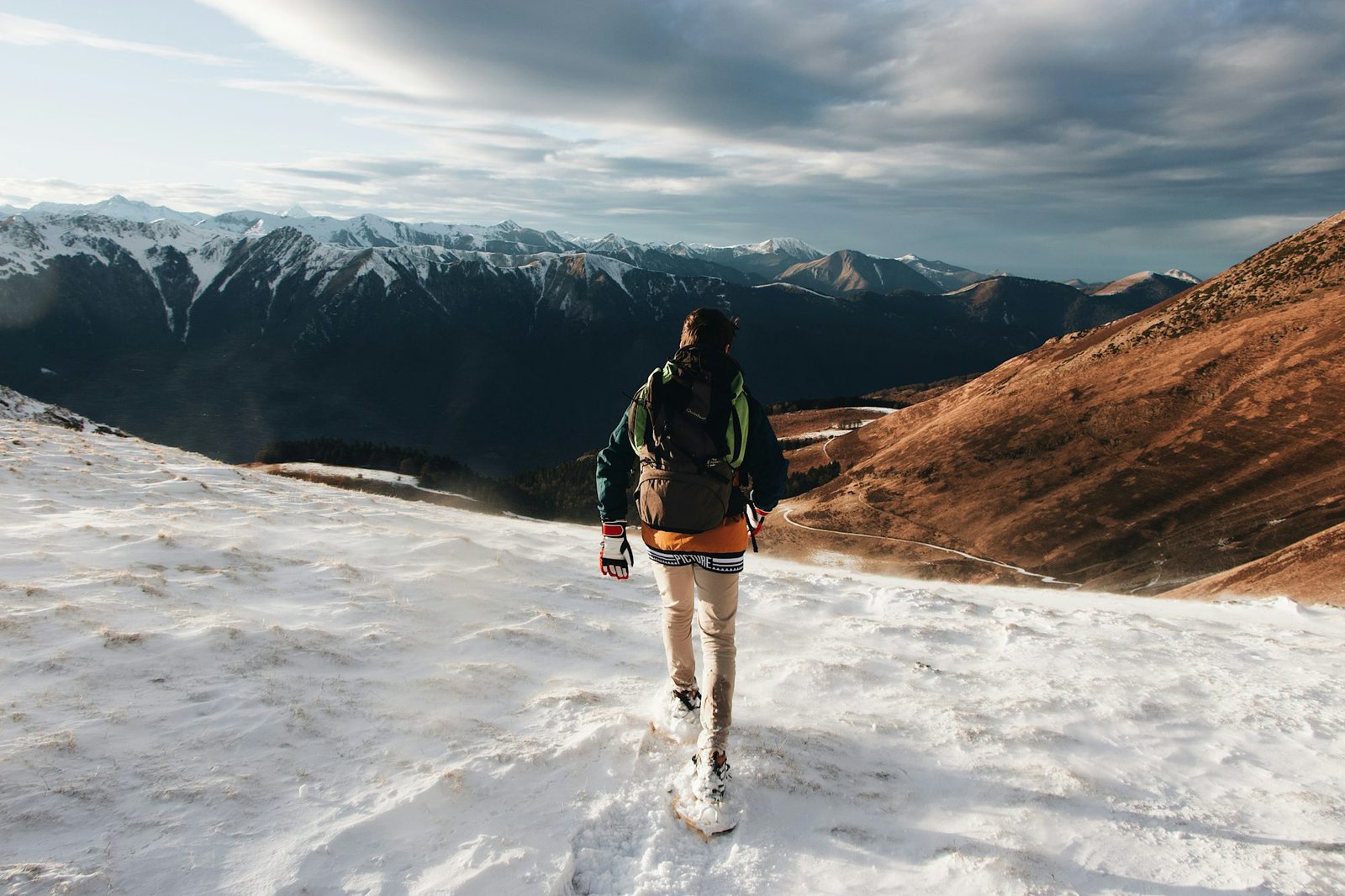
Understanding Backpacking
Backpacking involves carrying all the necessary gear for a multi-day trip on your back, typically including a tent, sleeping bag, food, and cooking equipment. Unlike day hiking, which can be completed in a few hours, backpacking requires careful planning to ensure you have everything you need for comfort and safety over several days. It appeals to a wide range of outdoor enthusiasts, from those seeking solitude in nature to friends wanting to bond over shared challenges.
Preparing for Your Backpacking Adventure
Preparation is critical for a successful backpacking trip. Here are the key steps to consider:
1. Choose Your Destination: Research various trails and parks that offer backpacking opportunities. Consider factors such as trail difficulty, length, terrain, and water availability. National parks and wilderness areas often provide excellent backpacking routes.
2. Check Regulations: Many areas have specific rules regarding camping, fire usage, and permits. Make sure to check these regulations ahead of time and secure any necessary permits to avoid any surprises.
3. Plan Your Itinerary: Outline a rough itinerary that includes daily hiking distances, camping spots, and estimated times for breaks. This helps manage your energy levels and ensures you reach your destinations safely.
4. Get the Right Gear: Selecting the appropriate gear can significantly enhance your experience. Here’s a basic list of essentials:
- Backpack: A well-fitted, comfortable backpack with enough capacity (usually between 50-70 liters) for your gear.
- Shelter: A lightweight tent or tarp, along with a sleeping bag and sleeping pad for comfort and insulation.
- Cooking Equipment: A portable stove, fuel, cooking pot, and utensils for meal preparation. Don't forget to pack lightweight, nutritious food.
- Clothing: Dress in moisture-wicking layers to stay dry and comfortable. Include a waterproof jacket, durable hiking pants, and a warm hat for cooler evenings.
- Navigation Tools: A map and compass, or a GPS device, are crucial for staying on course. Ensure you know how to use them before setting out.
Essential Skills for Backpacking
While the right gear is important, skills play a crucial role in a successful backpacking trip. Here are some essential skills to master:
- Navigation: Familiarize yourself with reading maps and using a compass. Being able to navigate effectively prevents you from getting lost in unfamiliar terrain.
- Setting Up Camp: Practice setting up your tent before your trip to save time and frustration when you arrive at your campsite. Knowing how to choose a safe and comfortable camping spot is equally important.
- Cooking on the Trail: Learn how to prepare simple meals with minimal equipment. Plan your meals in advance, focusing on lightweight and high-calorie foods to keep your energy up.
- Leave No Trace Principles: Adhering to Leave No Trace principles is essential to preserving the natural environment. Pack out all waste, minimize campfire impacts, and stay on designated trails to protect wildlife and vegetation.
Popular Backpacking Trails
If you’re looking for inspiration for your next backpacking adventure, here are some popular trails to consider:
1. Appalachian Trail, Eastern United States: Stretching over 2,190 miles from Georgia to Maine, the Appalachian Trail offers a variety of terrains and breathtaking views, making it a classic choice for backpackers.
2. Pacific Crest Trail, Western United States: Spanning 2,650 miles from California to Canada, this trail traverses diverse landscapes, from deserts to snow-capped mountains, offering a remarkable experience for seasoned backpackers.
3. Inca Trail, Peru: This iconic trail leads you through stunning Andean scenery to the ancient ruins of Machu Picchu. It typically takes four days and requires a permit, making it a unique and culturally rich backpacking experience.
4. Torres del Paine Circuit, Chile: Located in Patagonia, this circuit showcases breathtaking landscapes, including mountains, glaciers, and lakes. It typically takes about 8-10 days to complete and offers a range of camping options.
5. John Muir Trail, California: This stunning trail runs through the Sierra Nevada and features iconic sites like Yosemite, Kings Canyon, and Sequoia National Parks. The trail covers approximately 211 miles and provides some of the best views in the U.S.
The Benefits of Backpacking
Backpacking is more than just a physical challenge; it offers numerous benefits:
1. Physical Fitness: Carrying a backpack and hiking long distances provides an excellent workout, improving cardiovascular health, strength, and endurance. It also helps maintain a healthy weight and overall fitness.
2. Mental Well-being: Spending time in nature is known to reduce stress, anxiety, and depression. Backpacking allows you to disconnect from daily pressures and engage with the natural world, fostering a sense of peace and tranquility.
3. Personal Growth: Overcoming the challenges of backpacking can lead to increased self-confidence and resilience. Navigating difficult terrain, managing unexpected situations, and achieving personal goals contribute to personal growth.
4. Connection with Nature: Backpacking offers a profound way to experience the beauty and diversity of the natural world. You’ll encounter wildlife, breathtaking landscapes, and the changing elements, fostering a deeper appreciation for the environment.
5. Building Relationships: Whether you’re hiking with friends or meeting fellow backpackers on the trail, these shared experiences can strengthen relationships and create lasting memories.
Conclusion
Backpacking is a rewarding adventure that combines physical challenge with the beauty of nature. By preparing properly, honing essential skills, and embracing the experience, you can create unforgettable memories on the trail. Whether you’re seeking solitude, personal growth, or a chance to connect with nature, backpacking offers something for everyone. So, gather your gear, plan your route, and embark on an adventure that could change your perspective on the great outdoors forever.